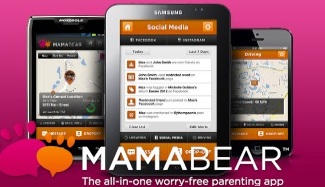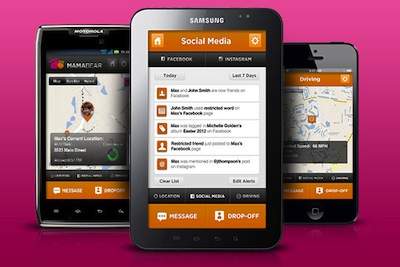If you have ever shared your location on a mobile device, you may have used Google Latitude. Google Latitude allows users to find friends and family on a map as well as share where they are with friends and family. The user controls who gets to see their location and at what level of detail.
Google recently announced that they are retiring the Latitude service as of Aug. 9. According to Google, “Products being retired include Google Latitude in Google Maps for Android, Latitude for iPhone, the Latitude API, the public badge, the iGoogle Gadget, and the Latitude website at maps.google.com/latitude.”
If you used Google Latitude with your iPhone or Android device, the retirement means you’ll no longer be able to share your location using Latitude. Also, Latitude is no longer a feature on the latest version of Google Maps for mobile on Android and will be removed from iPhone on the App Store. That and your list of Latitude friends will be deleted.
You can read more about the change and what it means here.
Using the MamaBear App as a Google Latitude Alternative
With Google Latitude’s retirement, other location tracking apps will attempt to fill the void. While there are many choices for Latitude alternatives, for families there is no better replacement option than MamaBear. The MamaBear Family Safety App offers the best Google latitude alternative for Androids and iPhones.
Adding MamaBear to your iPhone or Android device provides you a way track your children’s locations, making sure you are aware of where they are and where they’ve been. The app also allows you to schedule alerts for location activity and it gives your kids a one-click opportunity to check-in, or send you an emergency notification. This gives your children a sense of freedom while also easing your own worries and enabling you to keep the whole family safe and secure. In addition, you can selectively share your current location with your children.
For concerned parents wanting to protect their growing children and give them the freedom they need to roam and explore, MamaBear goes a step further than Google Latitude.
MamaBear doesn’t just tell you where your kids are on a map. The app alerts you if they leave school or a scheduled activity early or they visit a restricted place you set. MamaBear monitors your kids’ social media behavior with notifications about new friends or followers, photo uploads, tagged photos or posts and restricted words you deem as signs of bullying or inappropriate on Facebook and Instagram. MamaBear can even let you know if they are in a speeding vehicle.
Without Google Latitude, parents still have options for sharing their location and tracking their children. MamaBear is one GPS tracking system for mobile devices that offers the same features at Latitude, along with so much more.
MamaBear is available for download on Android devices here and Apple devices here.


